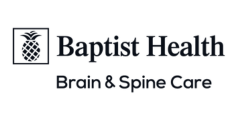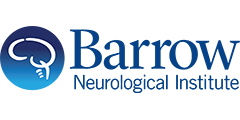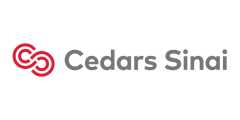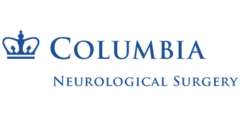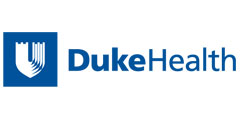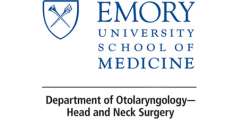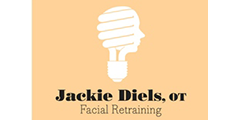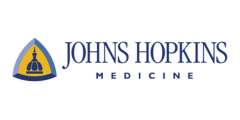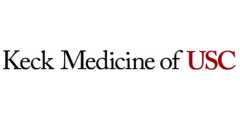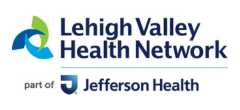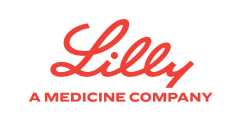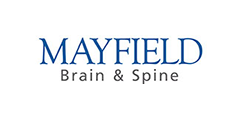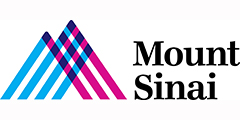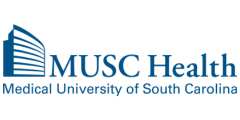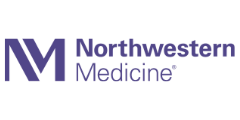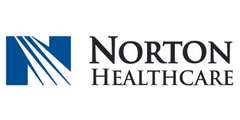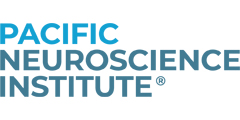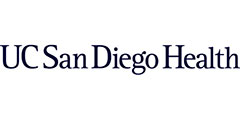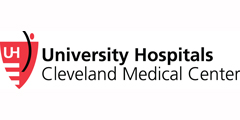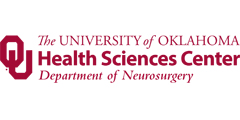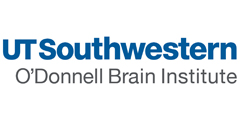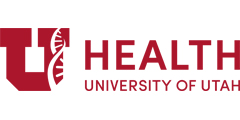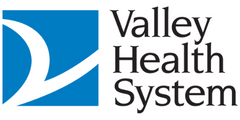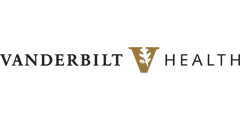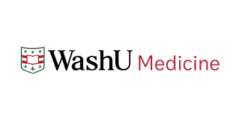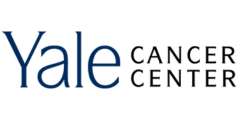
Sponsor Spotlight
With the commitment from the University of California San Diego, Drs. Rick Friedman and Marc Schwartz have come together, with Kristine Siwek as the Patient Navigator and Program Coordinator, to build the premier destination for the care of patients with acoustic neuroma and other skull based tumors. This team of surgeons has treated more than 3,000 AN patients surgically, consults with approximately 400 new patients annually, and they have taken lessons learned from their clinical experience and their time on the medical advisory board of the ANA to create a truly patient-centered program. The UC San Diego Health Acoustic Neuroma Program delivers the highest level of care in the most contemporary hospital setting. Our doctors, nurses, and program coordinator provide our patients with life-long care and contact starting with the initial free consultation. All methods of treatments including observation, radiosurgery and microsurgery are offered. Our program also serves as a comprehensive center for NF2 management, cochlear implants, auditory brainstem implants and bone anchored hearing implants.
Sponsor Content
JUST DO THE NEXT RIGHT THING
BY LINDSAY EVERMORE
GUILFORD CT

When I received my diagnosis of acoustic neuroma last September, my first response was relief. For a year leading up to diagnosis, I dealt with vertigo, nausea, and unsteadiness that resulted in my stumbling, bumping into walls, and an inability to walk straight. I’d tried various medications to attempt to control the symptoms, but none offered any improvement. So when the radiologist explained that I had a benign tumor on my eighth cranial nerve, I was happy that I finally knew what was wrong and could do something about it.
Then, like most AN patients, I began the research process. As I learned more about treatment options and potential outcomes, my relief transformed into anxiety. The questions are many: Which treatment approach should I pursue? Which team of doctors should I choose? Is treatment right for me at all now, or should I watch and wait? All the “what-ifs”—hearing loss, facial paralysis, surgical complications—added up and made the decision-making process extremely challenging. My mantra became “Just do the next right thing, one thing at a time.”
I sought several opinions on the East Coast, where I live. One team of doctors ultimately recommended a
translabyrinthine approach even though my hearing was fully intact. Another surgeon recommended I watch and wait, telling me to “go home and forget I had a brain tumor.” These conflicting opinions left me more overwhelmed and confused than ever, and I reached out to an online support group for help. That’s when someone suggested contacting Dr. Friedman.
In my toughest and most overwhelmed moment, I reached out to Kris Siwek, the program’s patient navigator, on a Friday evening. I consulted with Dr. Rick Friedman the following day and he recommended a middle fossa approach, an option no other surgeon had offered me and that carried a greater than 50 percent chance of preserving my hearing. After another phone consultation a few days later with both Dr. Friedman and Dr. Schwartz in which they patiently addressed my many questions, and after speaking with several of their previous patients, I had a strong feeling that this was my best chance for the outcomes I hoped for. My decision was made. We were going to San Diego.
My surgery in November was one of the first in the new Acoustic Neuroma Program at UC San Diego Health, headed by Dr. Friedman and Dr. Schwartz. The logistics of traveling and pre-/post-operative appointments were smooth, and my husband and I were in San Diego for eleven days. Everyone I worked with was skillful and caring, from physical and occupational therapists to audiologists, office staff, nurses, residents, and of course the surgeons themselves. Communication, so important in times of stress and uncertainty, was consistent and clear.
My outcomes were better than I’d ever hoped: full tumor resection, 100 percent hearing preservation, and no facial paralysis. My husband and I were comfortable in the hospital—a beautiful new facility that felt like an upscale hotel—and spent a few days resting at a nearby hotel before my follow-up appointments. Returning home on Thanksgiving Day to our children and a house full of family was a moment I will never forget!
Eleven days after my brain surgery, I was out in a field cutting down our family Christmas tree, my favorite tradition and something I thought I would surely miss this year. My recovery has been as successful as my surgery, and I could not be happier with my decision or more grateful for the quality of care I received.
NOTE: In no case does ANA endorse any commercial products, surgeon, medical procedure, medical institution or its staff.


